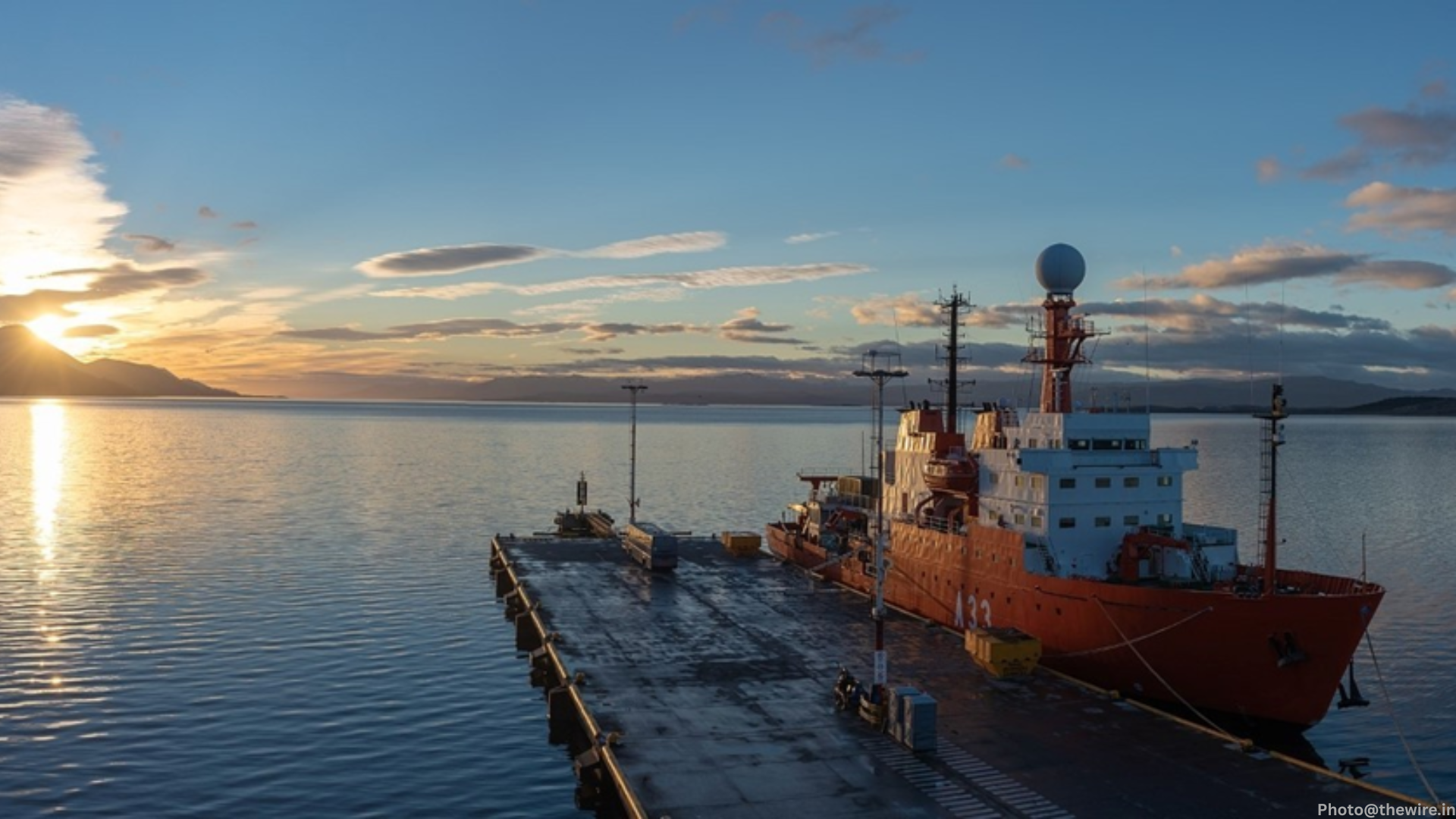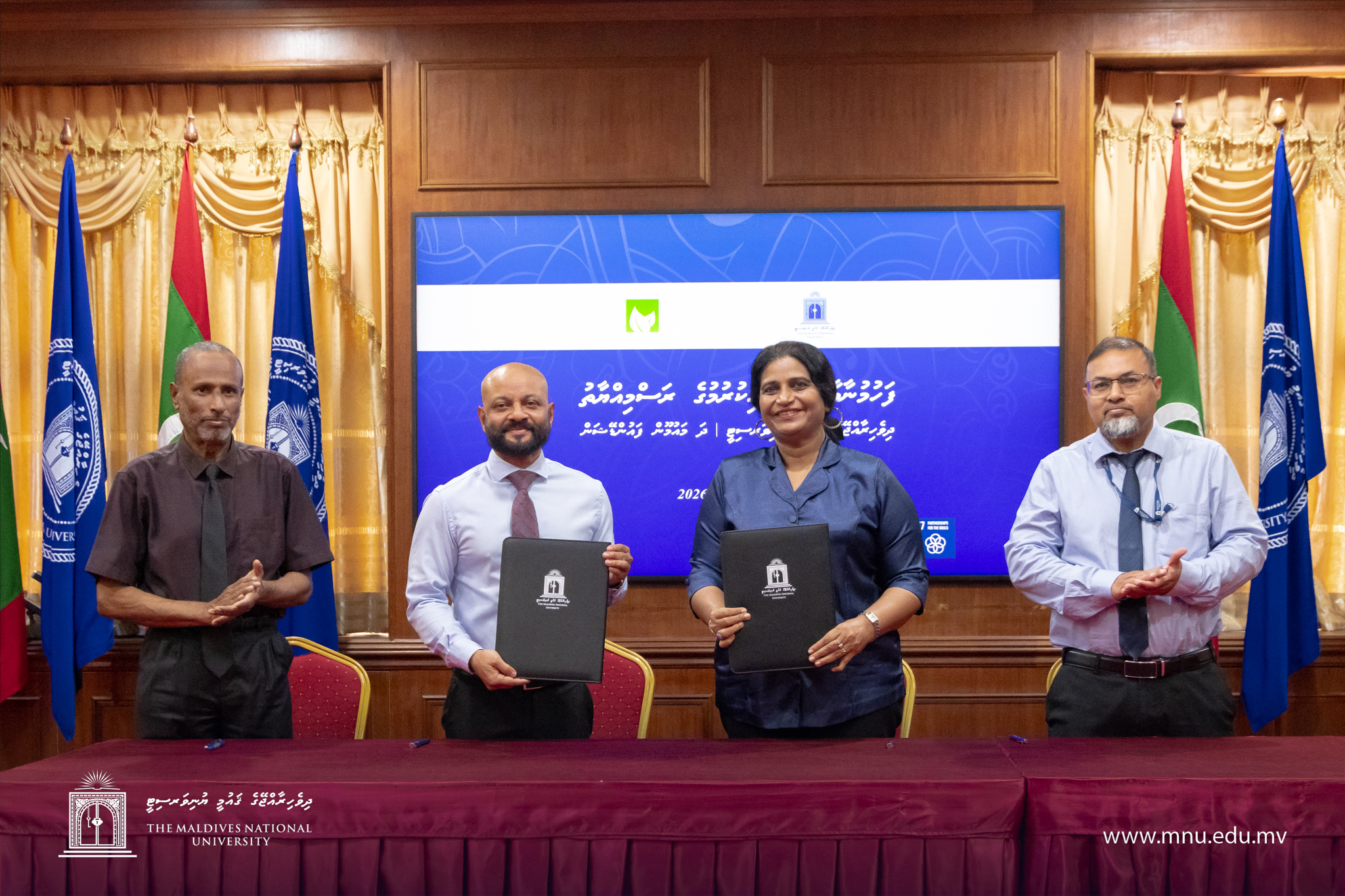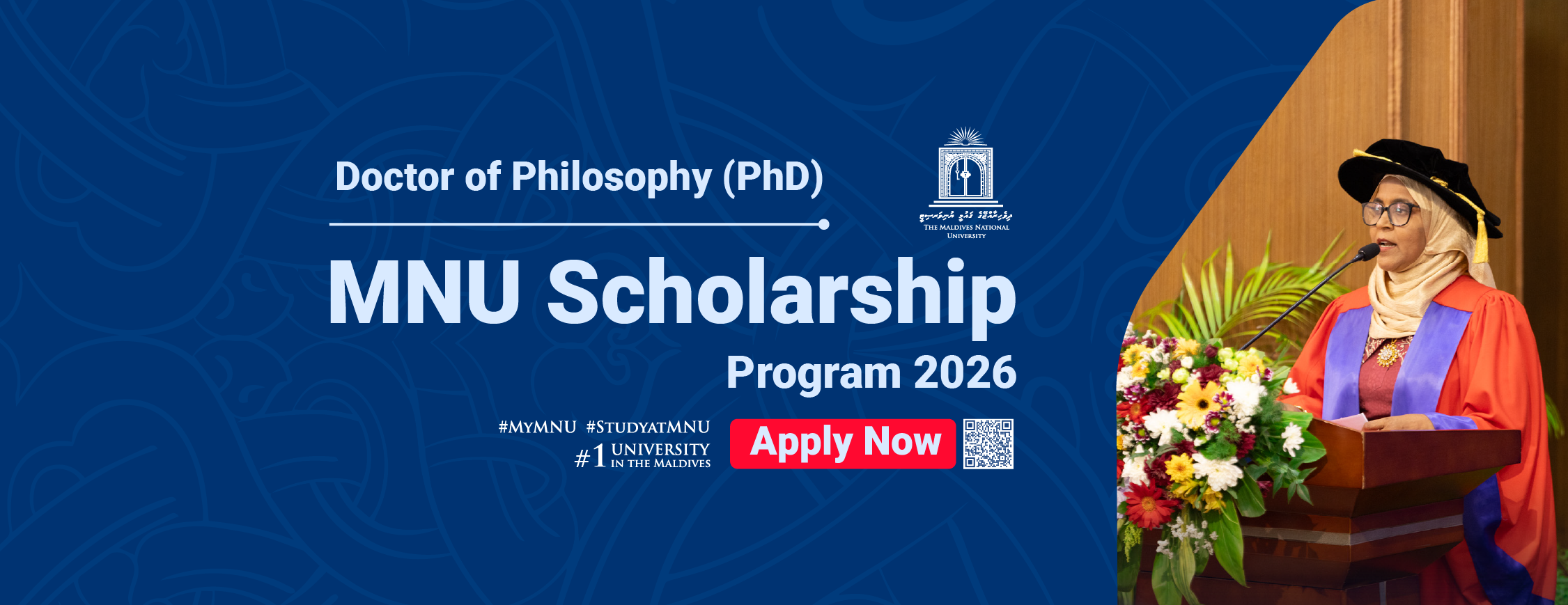Introduction
The Indo-Pacific has emerged as a central theatre of geopolitical contestation between great powers, particularly in the maritime domain. As India and China recalibrate their foreign policy postures, their strategic engagements in the Indian Ocean territories have profound implications for regional maritime security. Maritime strategy and maritime domain awareness (MDA) are increasingly vital tools for small states like Maldives. They must navigate the complexities of great power rivalry while safeguarding national sovereignty and economic interests.
This analysis looks at the evolving maritime strategies of India and China, the implications of their bilateral relations, and the strategic responses of Maldives as a case study in small-state agency and resilience.
Maritime Strategy and Domain Awareness: Conceptual Foundations
Maritime strategy encompasses the deployment of naval power, diplomatic engagement, and economic instruments to secure national interests at sea. It is inherently multidimensional, involving deterrence, power projection, sea control, and maritime governance. MDA refers to the effective understanding of maritime activities that could impact national security, safety, economy, or environment. It integrates surveillance, intelligence, and data analytics to monitor and respond to maritime threats.
MDA in Maldives is evolving through the integration of civil and military surveillance systems, including radar networks and UAVs. These layers of information are fused into a common operating picture, incorporating information from maritime platforms such as MNDF, fishermen, utility vessels, radars, satellite imageries, UAVs, and white shipping data. The Information Fusion Centre–Indian Ocean Region (IFC-IOR) and the Maritime Rescue Coordination Centre (MRCC) exemplify regional and national efforts to enhance situational awareness.
Academic institutions, like The Maldives National University (MNU), have a pivotal role in this transformation. By leveraging big data analytics, MNU provides research platforms to support evidence-based maritime projects and link research with operational capabilities. Academic platforms can foster transparency, ethical data use, and multidisciplinary collaboration, crucial for small states navigating complex maritime information.
However, for small states, MDA is not merely a technical capability but a strategic necessity. With vast Exclusive Economic Zones (EEZs) – for example, over 98 per cent of Maldives’ territory is ocean –, and limited naval assets, these states rely on regional cooperation, technological innovation, and diplomatic agility to maintain maritime security. With geopolitical shifts between great powers, small states must navigate global and regional political currents and build mutual partnerships advancing national and regional security.
India-China Maritime Dynamics: Strategic Shifts
India and China, as dominant actors in the Indo-Pacific, have adopted divergent maritime strategies shaped by historical legacies, economic imperatives, and strategic ambitions. India’s maritime doctrine emphasises a “Security and Growth for All in the Region” (SAGAR) approach, prioritising cooperative security and regional stability. China, meanwhile, pursues a more assertive posture through its Belt and Road Initiative (BRI), expanding its naval footprint and infrastructure investments across the Indian Ocean.
Recent diplomatic engagements suggest a nuanced recalibration. India’s Prime Minister Narendra Modi’s visit to China, in August 2025, for the Shanghai Cooperation Organisation (SCO) Summit, and meeting with China’s President Xi Jinping, signals a willingness to engage in strategic dialogue despite unresolved border tensions. For Maldives, this convergence of diplomacy and strategic dialogue – i.e., at least in the immediate term – opens uncontested space to deepen ties with both powers and uphold the Government’s balanced foreign policy.
The Maldives: A Strategic Case Study
Maldives occupies a pivotal position in the Indian Ocean. Its EEZ spans approximately 923,322 km², intersected by critical shipping lanes such as the Eight Degree Channel and the Equatorial Channel. This geography renders Maldives both strategically significant and, although with vulnerabilities, a responsible regional actor to address maritime threats, including piracy, illegal fishing, and environmental disasters.
Historically, India has been an unwavering defence partner to Maldives – for example, India’s Operation Cactus, in 1988, supported Maldives defeating an attack by a foreign mercenary-terrorist group. As part of strengthening the ongoing engagement, India has committed to the joint maritime exercises, such as DOSTI and Ekuverin, since the 1990s. These engagements have fostered interoperability, trust, and regional solidarity. The 2016 Comprehensive Action Plan for Defence formalised bilateral cooperation, encompassing logistics, training, and maritime surveillance.
Prime Minister Modi’s July 2025 visit to Maldives, joining President Dr Mohamed Muizzu and the First Lady, “in observing a military parade held in commemoration of the 60th anniversary of the Maldives’ independence”, is a testimony to the further strengthening of bilateral relations between the two countries.
Beyond immediate neighbours, Maldives has diversified its partnerships, for example, by introducing Turkish Bayraktar TB2 drones and receiving patrol vessels from Australia and Türkiye. These assets enhance its maritime surveillance and monitoring capabilities. This includes strengthening the Humanitarian Assistance and Disaster Relief (HADR) capabilities, reinforcing its strategic autonomy and interoperability.
Maldives engagements with China are not new and have promoted both economic and security interests. These engagements span infrastructure development, climate cooperation, and building a digital economy. For example, the recent Rasmalé land reclamation project would be a part of the ongoing efforts to support Maldives’ developments. Under the Belt and Road initiative, Maldives has benefited from building mega infrastructures such as the Maldives-China Friendship Bridge, opened in 2018, connecting the capital island Malé, the airport island and the second largest residential island near Malé. increasing connectivity between the airport and 2 densely residential islands, thereby adding to the economy of Maldives. President Mohamed Muizzu’s visits to China in 2024 and 2025 reaffirm the Maldives-China Comprehensive Strategic Cooperative Partnership.
Embracing a Regional Strategy
In these viewpoints, small states must consider that, while it is essential, globalised naval support can potentially risk transforming the region into a theatre of great power competition.
Maldives maintains a balance and stresses national priorities in establishing development and security partnerships. Maintaining diplomacy and dialogue in defence policy and military cooperation, especially with maritime states, can help build the capabilities of maritime security agencies and navigate regional frameworks.
Maldives already participates and contributes to multilateral forums like the SCO, Indian Ocean Rim Association (IORA), and Colombo Security Conclave, reflecting a deliberate strategy to amplify its voice and influence through dialogue and partnership.
In addition, the Western Indian Ocean hosts several cooperative frameworks, including the Djibouti Code of Conduct, Combined Maritime Forces, and the Regional Maritime Security Architecture (RMSA). For Maldives, such frameworks can be a crucial part of its regional strategy – i.e., potential challenges for collaboration, such as resources and capacity shortcomings, can be negotiated through mutual engagements.
Furthermore, institutions such as the Shared Awareness and Deconfliction (SHADE) and the Contact Group on Illicit Maritime Activities (CGIMA )offer platforms for confidence-building and coordination, but require sustained support and inclusivity.
Conclusion
Today, the India-China relationship presents both challenges and opportunities for the maritime strategy for Maldives. Strategic clarity, technological innovation, and diplomatic agility are essential to navigate this complex environment. A strategy for enhancing MDA is required, and diversifying partnerships by leveraging academic and regional platforms is essential for building Maldives’ national and regional MDA capabilities.
Large ocean states, like Maldives or the Pacific Islands, can offer strategic knowledge platforms. Their ability to balance sovereignty with cooperation, development with security, and national interests with regional stability will help shape country strategies, addressing mutual interests at sea.
Author
Col Amanulla Ahmed Rasheed is a serving officer in the Maldives National Defence Force (MNDF). He has two postgraduate degrees, in Management from Kotelawala Defence University, Sri Lanka and Art and Science in Warfare from the National Defence University, Pakistan. The author acknowledges that statements, opinions and arguments made are of his own and do not reflect the Maldivian Government’s policy and position.





